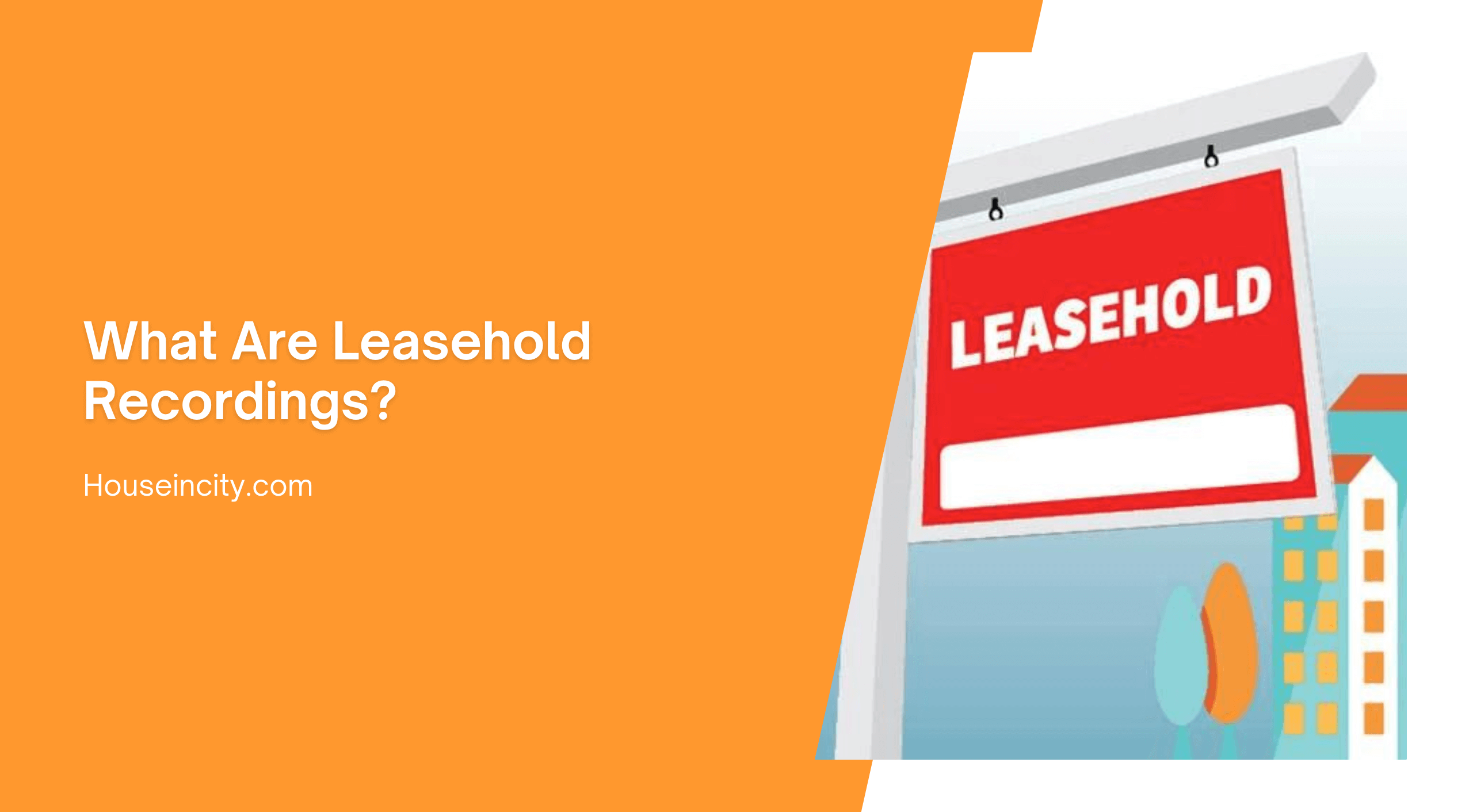Many people chose to get into the real estate business as a landlord and purchase property with the sole intent of renting it out to people as an investment and a way to gain income. Other people only wish to utilize a property for a certain period of time without going through the hassles of obtaining a mortgage and purchasing a property. This could mean moving in to an apartment or condominium or occupying a commercial space for the purpose of conducting business. This is exactly the type of arrangement that describes leasehold estates, or recordings.
Leasehold recordings is the contractual process where a person or entity purchases the right to occupy a property for a set period of time by paying dues, or rent, to the actual property owner without an actual transfer of ownership. The terms of the leasehold is usually spelled out in a legal document commonly called a lease that spells out the rate that the occupant will pay to the property owner and how long the occupant can remain in the property.
There are several different types of leaseholds used today. The most common and general of the different forms is the tenancy for years or estate for years. This is a fixed length leasehold where both parties agree on how long the occupant will remain on the property. This leasehold recording doesn’t have to last for years though-it can instead last for as little as a few days or until a certain event occurs.
A periodic leasehold may be verbal or written and has no specified end date. It can be terminated by the property owner at any time with a reasonable amount of notice. Tenancy at will is the same; however, both the owner and the tenant have the right to end the leasehold at any point in time by giving a certain amount of notice to the other party. Tenancy at will doesn’t have to have a written leasehold recording, instead, most times tenancy at will is a verbal agreement designed to benefit both parties in the leasehold.
In a leasehold, both the property owner and the tenant enjoy certain rights that must be maintained at all times, otherwise the leasehold may be considered void. In a leasehold, the tenant must pay the specified rent to the property owner on a specified basis, usually monthly. In turn, the property owner must allow the tenant privacy and not disturb their living arrangement without proper notice. However, if a tenant fails to pay rent, a property owner has full rights within a leasehold recording to being the eviction process in court and force the tenant out of the property.
Understanding real estate and all of the laws governing the ownership and rental of land can be a daunting task. However, knowledge is power and understanding as much about the law as possible is important to being a fully aware consumer and avoiding as many problems or issues with your property buying and leasing as possible.
